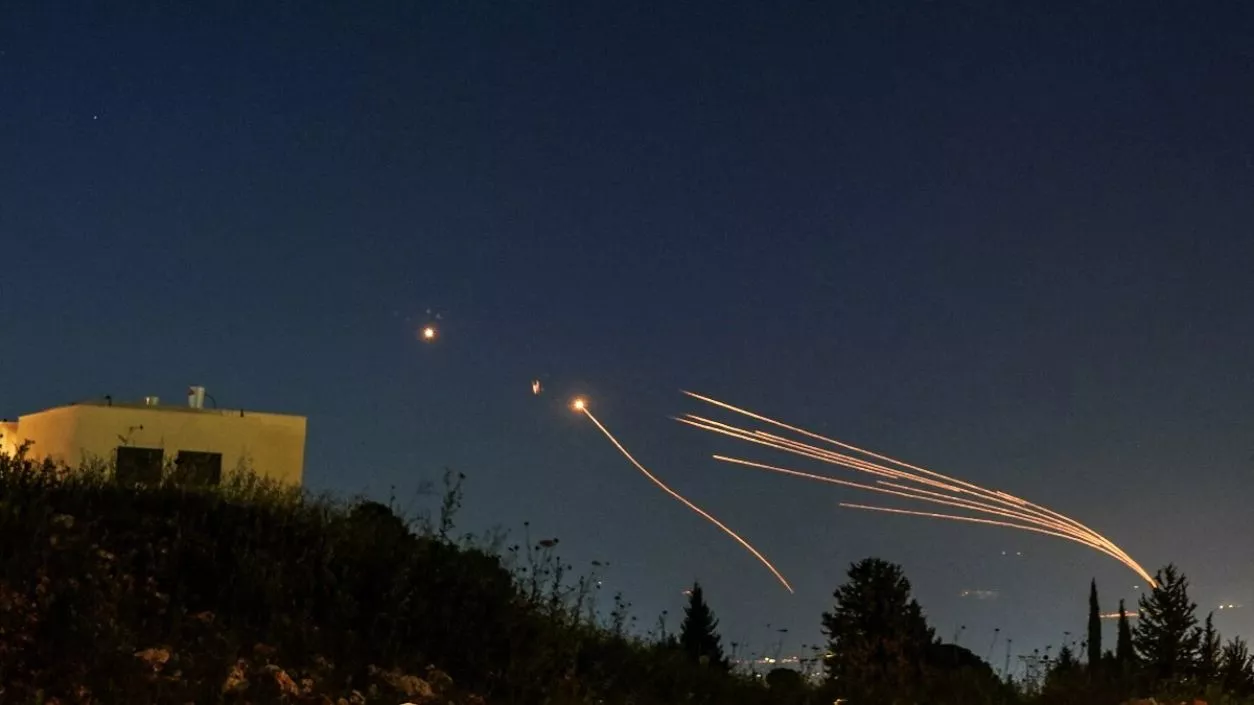Kasba Gangrape: Court sends all 3 accused to 7-day police custody
.gif)
.gif)

On Sunday, Ukraine launched the largest drone strike on Moscow since the war began in 2022, deploying at least 34 drones. The strike prompted immediate disruptions to air traffic, with Russia’s federal air transport agency reporting that 36 flights were diverted from three of Moscow's major airports—Domodedovo, Sheremetyevo, and Zhukovsky. These airports resumed operations after the initial diversions, but the incident highlights the ongoing vulnerability of key infrastructure to aerial attacks. Authorities confirmed that one person was injured in the Moscow region, though the specifics of the injuries were not immediately clear.
The Russian Ministry of Defense stated that its air defenses successfully intercepted and destroyed another 36 drones over the course of three hours in other regions of Western Russia. The Ministry characterized the strike as an attempt by Ukraine to carry out a “terrorist attack,” using drone technology to target Russian soil. Russian officials further described the attempt as a failure, claiming that the drones were prevented from reaching their intended targets within the capital, including high-profile sites like the Kremlin.
Ukraine’s air defenses also faced significant challenges as Russia retaliated with its own drone offensive. Russia launched a record 145 drones overnight, targeting various sites in Ukraine. According to Ukrainian officials, its forces downed 62 of these incoming drones. Additionally, Ukraine confirmed the successful destruction of a Russian military arsenal in the Bryansk region, while Russian authorities reported that 14 drones were intercepted there. This exchange of drone attacks reflects the growing prominence of unmanned aerial vehicles (UAVs) in both countries’ military strategies.
Moscow’s defenses have been bolstered by the development of advanced “electronic umbrellas,” which are designed to create layers of protection around strategic buildings and key infrastructure, including government facilities like the Kremlin. These systems are part of a broader, complex defense network aimed at preventing attacks by aerial drones. Despite these measures, the latest strike on Moscow demonstrates that both sides are continually adapting to the evolving nature of drone warfare, with both Ukraine and Russia seeking to advance their capabilities.
In the broader context, drones have become a critical component of the war, with both sides using them for a variety of offensive and defensive operations. Ukraine has targeted Russian military assets, oil refineries, airfields, and even strategic early-warning radar stations with drones. Russia, in turn, has focused on hitting Ukrainian military positions, infrastructure, and supply lines. As drone technology becomes increasingly sophisticated, both countries are focusing on countermeasures to disrupt each other’s UAV operations, ranging from electronic jamming to advanced interception systems.